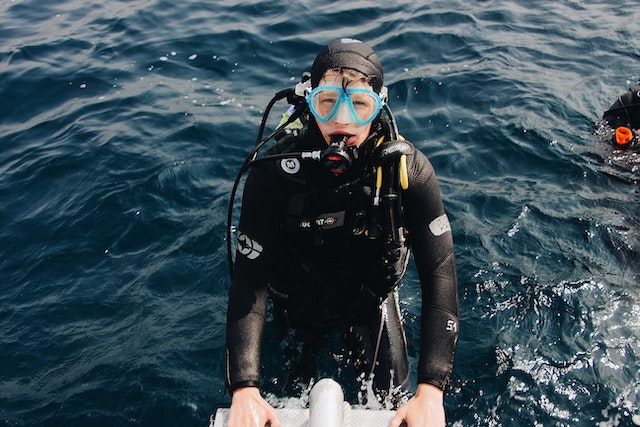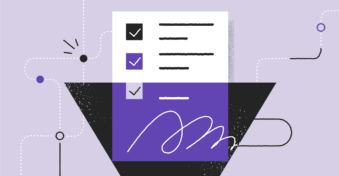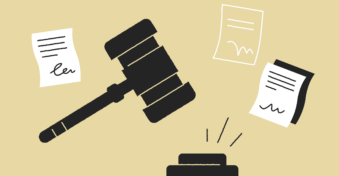Liability waivers serve an important role for businesses offering services with an associated element of risk. By signing a liability waiver, the person participating in the activity voluntarily acknowledges the risks and accepts that the other party is not liable for any potential injury.
A liability waiver is only effective if it can be legally enforced, so that begs the question: are liability waivers enforceable in the USA?
When are Waivers of Liability Used in the USA?
Many businesses use waivers of liability to protect themselves from potential lawsuits. Some of the most common use cases for businesses in the USA are:
- Gyms and personal training
- Skydiving
- Bungie jumping
- Concerts and festivals
- Theme parks
- Rock climbing
- Conferences
- Scuba diving
- Massage therapists
- Tour companies
- Driving ranges and golf courses

This isn’t an exhaustive list. Ultimately, any business offering a service with some associated risk of injury or damage will likely benefit from using a release of liability.
Are Liability Waivers Enforceable in the USA?
In most states, the waiver will be enforceable in a court of law and prevent legal claims due to a party’s negligence. However, a valid waiver must be worded properly and signed.
As a general rule of thumb, waivers require a few key elements to be legally enforceable. They must use clear language that directly references the risk involved and exclude liability for risks due to the business’s negligence.
If a legal proceeding should occur, the courts will also likely consider whether the individual or organization took reasonable measures to bring the details of the liability release to the signing party’s attention to ensure that everything was fully understood.
If the waiver is clear and the party signing it is made as aware as possible of what’s being signed, then most states will recognize and enforce a liability release.
When is a Liability Waiver Non-enforceable?
If a person is unable to understand the liability waiver they’re signing for whatever reason, it might not be enforceable. For example, if someone has a mental disability or is under the influence of alcohol or drugs, a court might deem that they did not have the capacity to understand the document they were signing.
Waivers typically don’t protect a party from negligence or malicious intent to harm, and they’re usually not enforceable if they contain errors or don’t adequately warn of the risks involved. Many states hold liability releases as unenforceable when minors are involved, even if the child’s parents or legal guardians also signed the waiver.
Final Thoughts
A liability waiver can protect your business and prevent potential serious financial risks in the event of an injury. When done right, liability release forms are typically enforceable in the USA. If you’re in doubt about whether a waiver will be enforceable in a specific situation, it’s better to err on the side of caution and have one signed. For the best shot at protecting yourself, it’s crucial to make the collection of waivers quick and easy. You also want to ensure the signatures are legally binding, which is why thousands of businesses use PandaDoc Waivers, our online waiver management software that includes UETA- and ESIGN-compliant digital signatures. You can try it out for free today.


